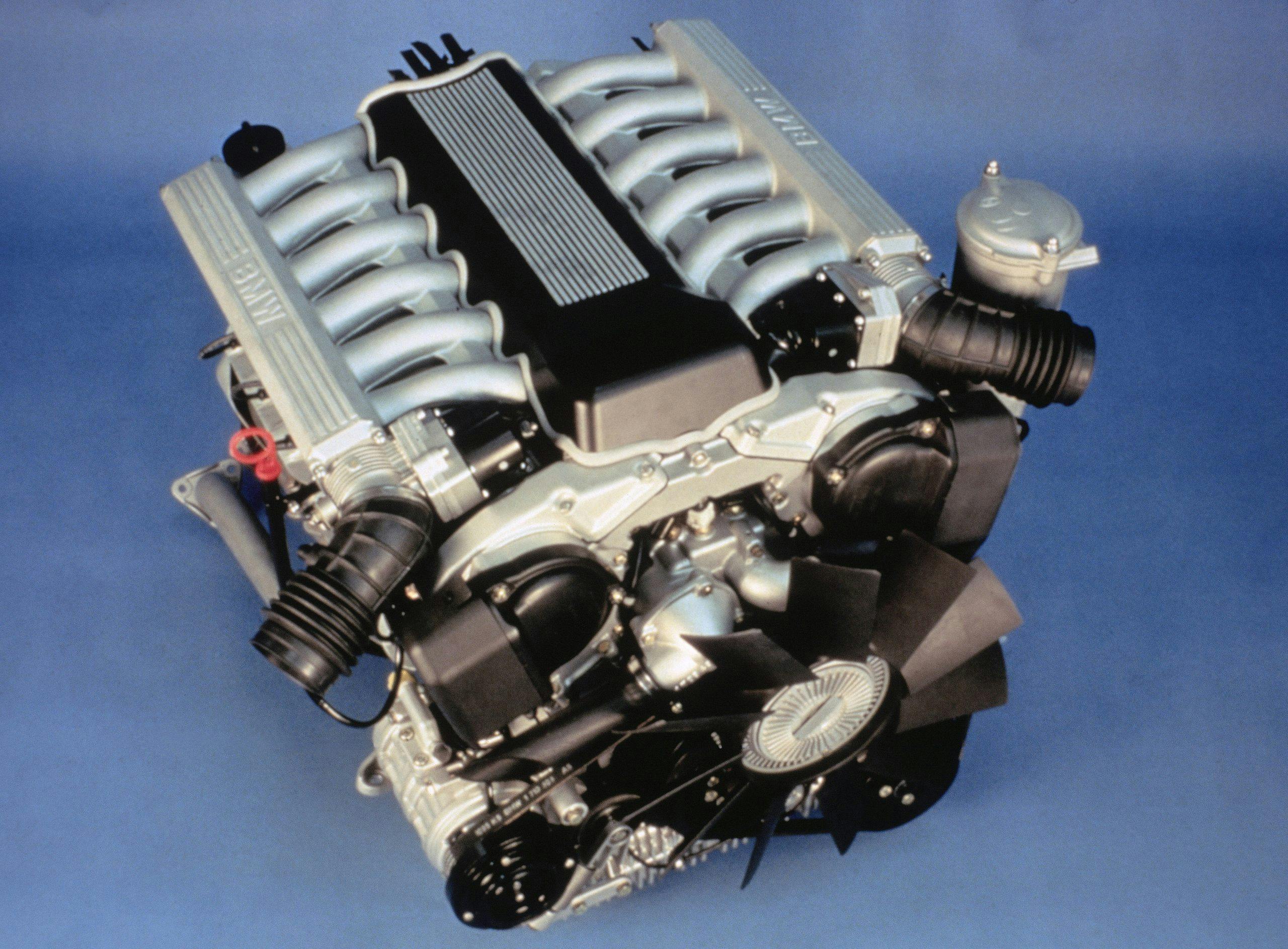Checking Out the Efficiency Enhancements of the Latest BMW Engine Versions
Wiki Article
Revealing the Intricacies of Next-Generation Power Units: a Deep Dive Into Advanced Engine Technologies and designs
As we stand on the precipice of a brand-new age in transportation, the complexities of next-generation engine styles bid us to discover the sophisticated technologies and advancements that guarantee to redefine the driving experience. Delving deeper into the realms of emission control, intelligent engine monitoring systems, and the perspective of power system development, we discover ourselves on the cusp of a makeover that promises to reshape the landscape of wheelchair as we know it.Development of Engine Materials

The shift towards advanced engine products has also made it possible for designers to make engines with higher power results while preserving gas performance standards. The usage of lightweight products reduces the total weight of the engine, leading to boosted fuel economy and lower exhausts. Furthermore, improvements in products technology have permitted far better thermal monitoring within engines, leading to increased dependability and durability.
Turbocharging and Supercharging Technologies
How do Turbocharging and Supercharging Technologies transform engine performance and performance in modern vehicles? Turbocharging and turbo charging are modern technologies that dramatically improve engine efficiency by enhancing the amount of air consumption into the combustion chamber. Turbocharging achieves this by utilizing a turbine driven by exhaust gases to pressurize the intake air, while supercharging utilizes a belt- or chain-driven compressor to achieve the very same effect.
These innovations enable smaller sized, a lot more fuel-efficient engines to produce power equivalent to bigger ones, understood as downsizing. By requiring even more air into the cylinders, turbo charging and turbocharging boost combustion performance, resulting in enhanced horse power and torque output without a substantial rise in engine size. This causes better velocity, pulling capacity, and general driving performance.
In addition, supercharging and turbocharging add to improved fuel performance by allowing the use of smaller engines that eat less fuel under typical driving conditions - bmw engine. This combination of boosted efficiency and performance has made turbocharging and turbo charging indispensable components of several contemporary engine layouts
Discharge Control and Environmental Impact
With increasing international concerns regarding air high quality and ecological sustainability, the implementation of emission control innovations in lorries plays an essential duty in minimizing damaging contaminants released right into the atmosphere. Modern vehicles are equipped with sophisticated exhaust control systems that assist decrease the environmental impact of auto operations. Catalytic converters, as an example, are made to convert poisonous gases such as carbon monoxide gas, nitrogen oxides, and hydrocarbons into much less harmful substances like co2 and water vapor.Moreover, improvements in engine modern technology, such as the combination of exhaust gas recirculation systems and careful catalytic reduction, have considerably added to reducing exhausts. These innovations operate in tandem to optimize combustion effectiveness and lessen the release of damaging toxins into the air. Additionally, the development of hybrid and electric lorries represents a crucial step towards decreasing the general ecological footprint of the transportation market.
Intelligent Engine Monitoring Systems

Moreover, these systems enable automobiles to meet rigorous emissions criteria without compromising performance, supplying a much more eco-friendly driving experience. The combination of expert system and machine knowing capacities in engine administration systems continues to push the borders of what is feasible, causing additional enhancements in performance, dependability, and total car efficiency. bmw engine. As auto innovation breakthroughs, intelligent engine monitoring systems will certainly play a crucial role in shaping the future of transport towards an extra efficient and sustainable direction
Future Trends in Power Unit Development
As smart engine monitoring systems lead the way for enhanced control and optimization in modern vehicles, future trends in power device growth are positioned to redefine the landscape of automotive propulsion link technologies. These alternative power sources provide improved performance and performance while lining up with strict environmental regulations.An additional considerable pattern is the assimilation of innovative products and manufacturing techniques. Light-weight materials such as carbon fiber and aluminum are being utilized to reduce total automobile weight, improving gas performance and performance. Additionally, developments in 3D printing and additive manufacturing are making it possible for the production of complex engine parts with higher accuracy and resilience.
Furthermore, synthetic intelligence and machine understanding are playing an important role in maximizing power device performance. These technologies permit real-time monitoring and flexible control, resulting in extra effective and reputable power delivery. On the whole, future trends in power system development are tailored towards efficiency, sustainability, and effectiveness, driving the automobile industry in the direction of a new age of propulsion modern technologies.

Conclusion
To conclude, the advancements in engine materials, turbocharging, emission control, and intelligent administration systems have led the way for next-generation power systems. These developments have not just enhanced efficiency and efficiency however also decreased ecological impact. As modern technology remains to advance, future trends in power system growth are likely to concentrate on additional improving sustainability and maximizing power output. The elaborate layouts and developments in contemporary engines showcase the recurring advancement of automobile modern technology.Checking out the modern innovations in engine materials has been pivotal in enhancing the performance and efficiency of modern engines. Over the years, the evolution of engine products has played a crucial role in pressing the limits of what engines can accomplish.The change in advice the direction of advanced engine materials has also allowed engineers to create engines with greater power outcomes while preserving fuel efficiency standards.The application of smart engine monitoring systems in modern vehicles has actually changed the way engines are regulated and enhanced for performance and performance. By collecting information in real-time and evaluating it with sophisticated algorithms, smart engine management systems can adapt to driving styles, ecological elements, and engine health and wellness to maximize power outcome while decreasing gas usage and discharges.
Report this wiki page